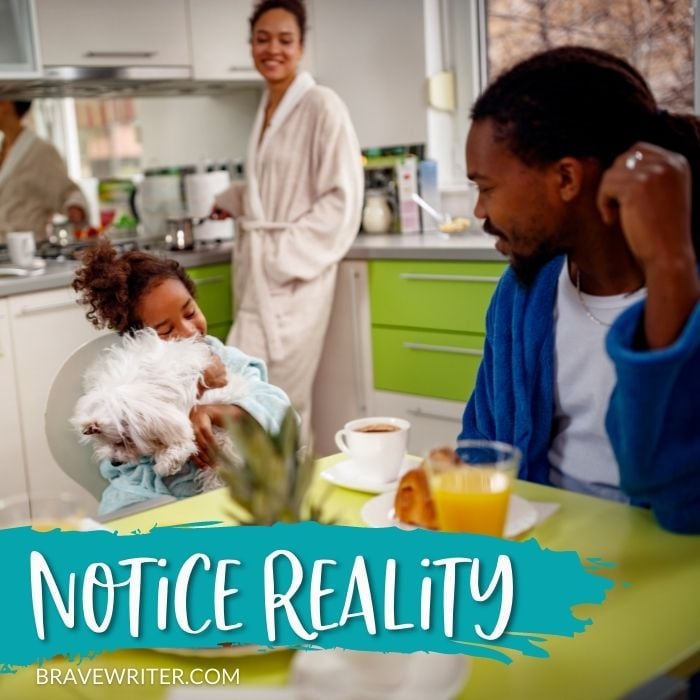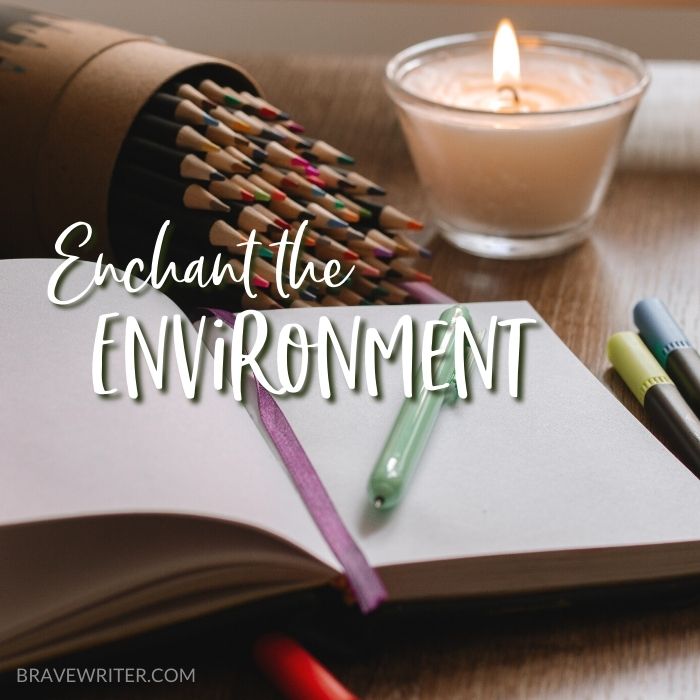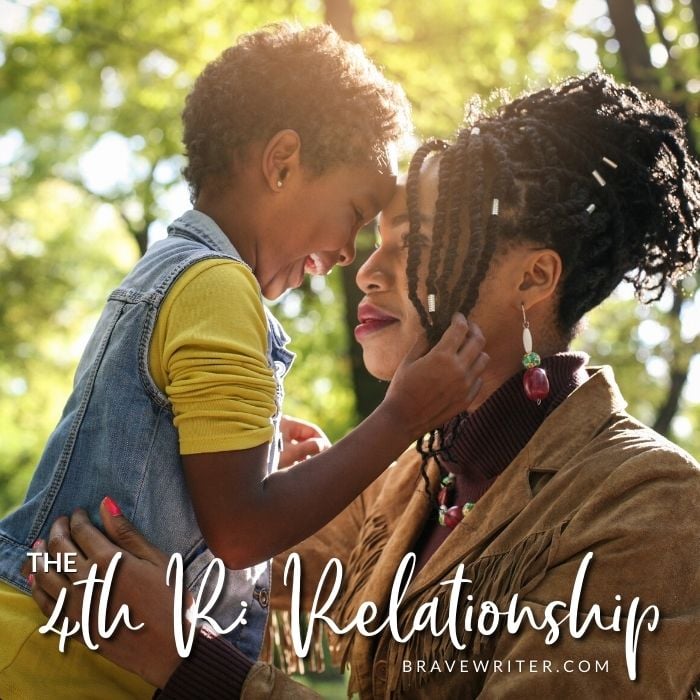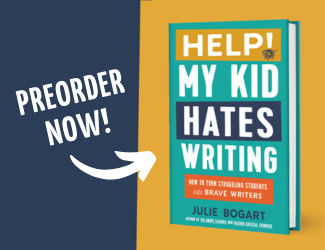
Today, instead of looking for what’s missing, turn away from your fantasy homeschool vision. Notice reality. Make a list of all the things that go right today.
There’s a danger of idealism in homeschool at this time of year. It’s easy to get seduced by the idyllic homeschool images that dance like sugar plums alone in your head!
To shift the energy, notice what happens today that goes well. In particular, look for signs of vitality (not just evidence of skills mastered). What do I mean? Like this.
- Joy while playing with a pet or sibling
- Confidence in problem-solving
- Creativity in play or the arts or fixing something broken
- Kindness toward a person or pet who needs it
- Assertive self-expression—stating a need
- Patience to wait for you
- Diligence to finish a task, even if it takes a long time
- Pride in a job well done
- Hilariously funny because, well, that’s just the best thing ever!
So much goes right and not all of it has to do with math, spelling, or the study of Latin. We’re growing human beings, not professional students. Remember to value the budding character and the delightful ways your kids express themselves.
Let your children be today’s curriculum.
This post is originally from Instagram and @juliebravewriter is my account there so come follow along for more conversations like this one!

























